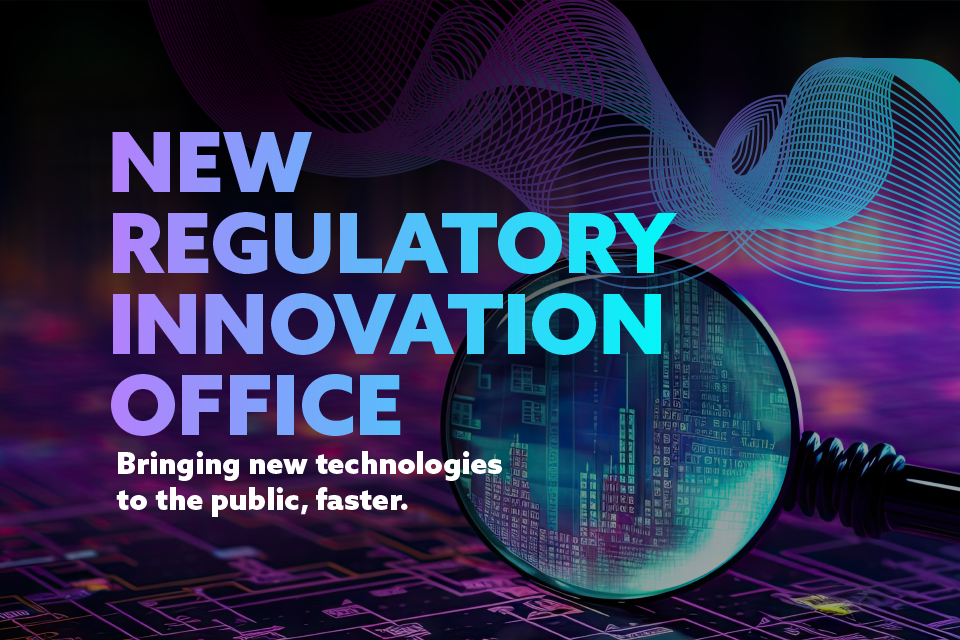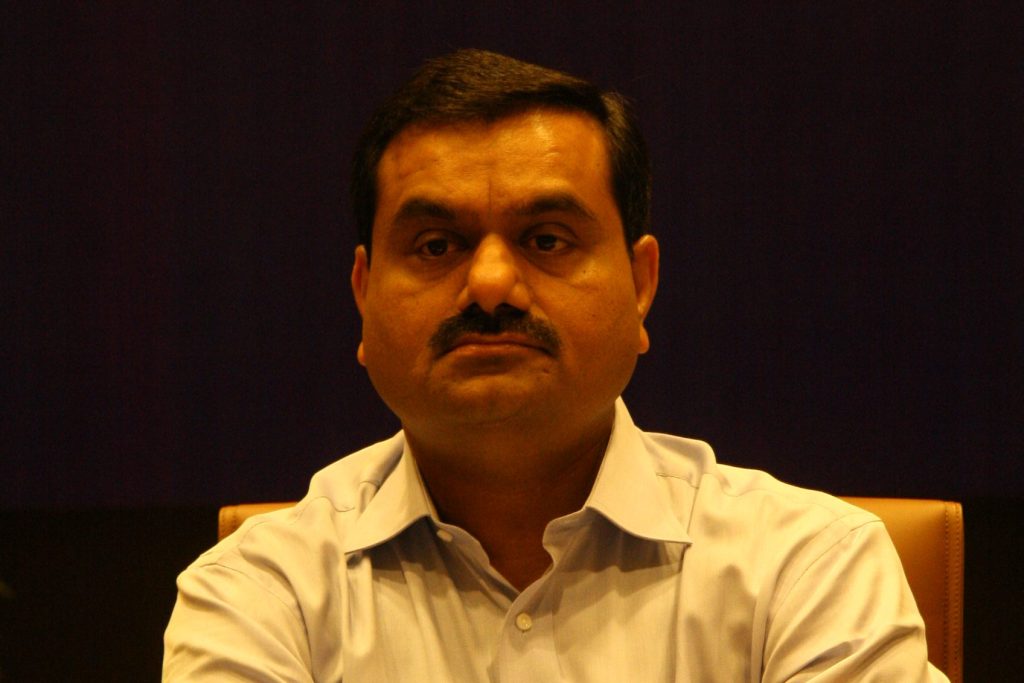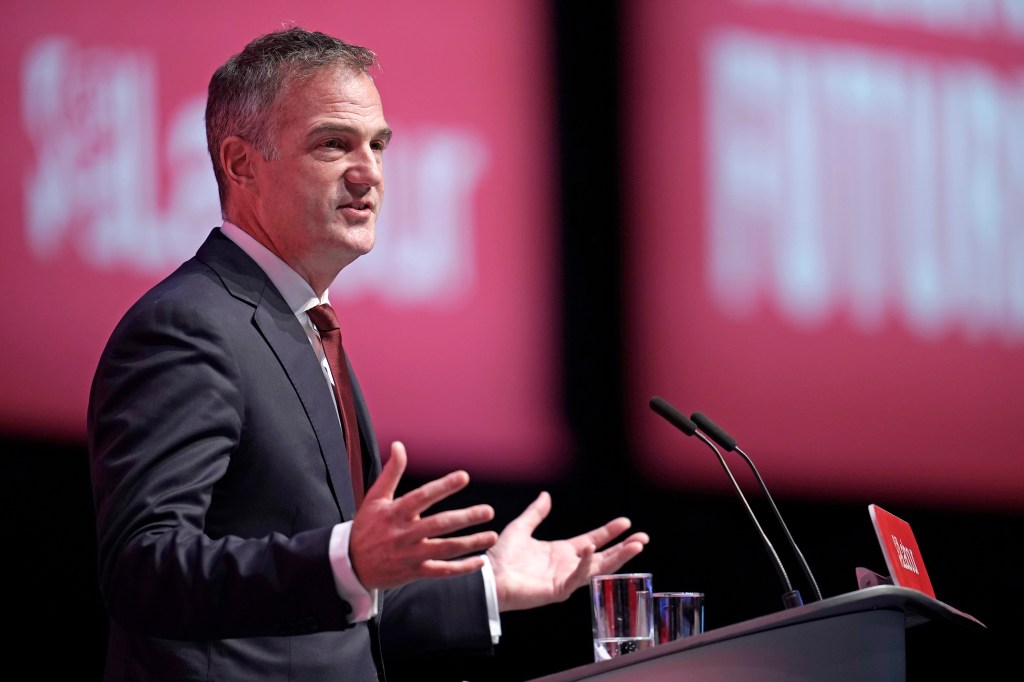A new Regulatory Innovation Office (RIO) is to be established by the UK government with its stated aim to “reduce the burden of red tape and speed up access to new technologies that improve our daily lives.” The focus is on the development of technologies, particularly in the medical sector, but there is little for those hoping for greater emphasis on how financial services regulators work.
The measure was flagged in the Labour Party’s manifesto, with the document saying: “British innovators and businesses are developing new world-leading products and services, powered by technologies like artificial intelligence. But they face a mountain of red tape just to get started, which can mean requiring approval from up to 11 different regulators.”

Establishing the RIO is the first step towards fulfilling that commitment. The office will be housed within the Department for Science, Innovation and Technology (DIST) and will incorporate the existing functions of the Regulatory Horizons Council and the Regulator’s Pioneer Fund. The search for a Chair to lead the Office is underway.
Cutting red tape
Science and Technology Secretary, Peter Kyle, said: “By speeding up approvals, providing regulatory certainty and reducing unnecessary delays, we’re curbing the burden of red tape so businesses and our public services can innovate and grow, which means more jobs, a stronger economy, and a better quality of life for people across the UK.
“From breakthroughs that could help doctors diagnose illnesses earlier to satellite navigation for more accurate weather forecasting and getting emergency supplies to where they are needed, quickly and effectively, RIO will make sure UK companies are at the forefront of the next generation of technologies.”
A DSIT announcement said the RIO would work closely with a number of government departments, including Transport, Health and Social Care, and Environment Food and Rural Affairs, to “address regulatory barriers” and would also “bring regulators together and working to remove obstacles and outdated regulations to the benefit of businesses and the public.”
The Office will initially aim to support growth in what the UK government has identified as four key areas.
- Engineering biology – including measures to support more efficient food production, create cleaner fuels and develop innovative vaccines;
- Space – in areas such as GPS communication and weather forecasting systems;
- AI and digital in healthcare – helping doctors diagnose illness faster and improve patient care, streamlining hospital administration and deploying AI innovation safely;
- Connected and autonomous technology – particularly around autonomous vehicles such as drones.
But the manifesto commitment to “promote transparency on regulator performance” led some to hope this would include greater focus on financial regulators. Law firm Macfarlanes, where former Conservative Justice Secretary David Gauke is now a strategic adviser, blogged on the issue earlier this year, saying that the manifesto proposal “does, in part, attempt to answer the question ‘who regulates the regulators?.’
The post went on to explain: “It is a question that has become more important since Brexit, with much greater power in the hands of domestic regulators and with the governance arrangements in place at an EU level no longer applying. This is an issue that affects many sectors but has been particularly relevant to financial services, given its highly regulated nature and historic importance of EU legislation across this area.”
The firm wanted to see “a body that had deep expertise in financial services”. The RIO is not that body, and it remains to be seen whether the remit will be expanded in future, or whether there are other plans being developed that are more focused of the financial services sector.













